Kevin Durant to the Warriors might be the most fascinating NBA move ever

Your teams. Your favorite writers. Wherever you want them. Personalize SI with our new App. Install on iOS or Android.
When some child from the future asks how this happened, tell them it started with 72 hours in the Hamptons. Everyone from Gregg Popovich to Tom Brady to Pat Riley showed up to recruit Kevin Durant over the course of the July 4th weekend, and the rest of the sports world spent the holiday living vicariously through Snapchat updates, Instagram posts and magical tweets. It was the NBA at its weirdest and best. There were cartoon scenes interspersed with wild plot twists, and millionaires and billionaires at the center of everything. NBA free agency gave us more drama and comedy than any show on television, and this weekend was another jaw–dropping episode.
And, having said all that, it's perfectly acceptable to hate how this weekend ended.
Basketball is entertainment at its core—look at Danny Ainge parading around in KD's shoes, look at Steve Ballmer sobbing—and it's fine to react emotionally and irrationally to any of this. Basketball is a world with its own logic and stakes and dramatic phone calls from 78-year-olds in West Virginia. Treating this like real life is actually more naive than understanding that sports is a fictional universe unto itself. That would be my first response to people who have scolded the world about criticizing Kevin Durant after choosing the Golden State Warriors.
KD's free to go wherever he chooses, yes. Obviously. But I sympathize with NBA fans who are disappointed by all this, because for most of the past two days, I've been conflicted, too.
"I was the second-best player in high school," Durant told Lee Jenkins a few years ago. "I was the second pick in the draft. I’ve been second in the MVP voting three times. I came in second in the Finals. I’m tired of being second. I’m not going to settle for that. I’m done with it.”
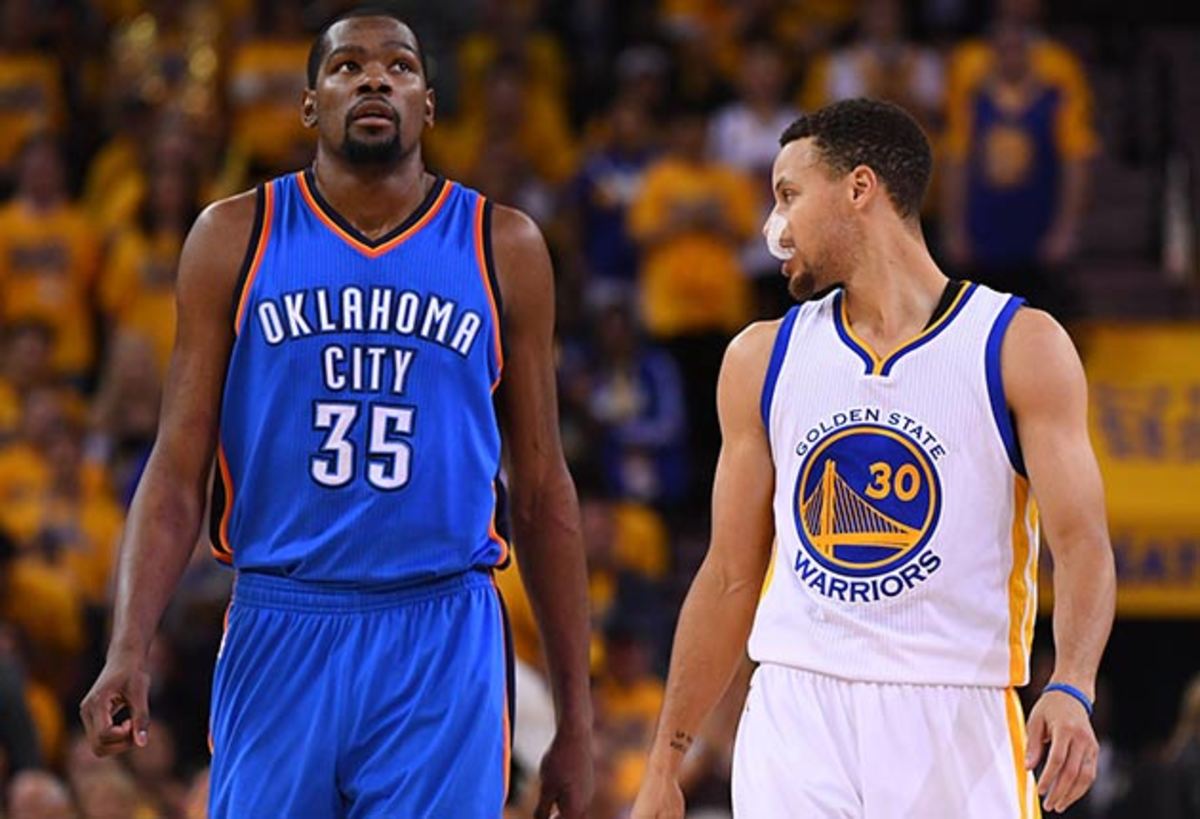
If this is how Durant plans to finish first, it feels anti-climatic. He's great enough to win as the centerpiece on his own team, or at least great enough to try. The same logic applies to Stephen Curry, Draymond Green and Klay Thompson. Pairing them all together may make them unstoppable, but it may also make their individual stories less interesting.
What made Durant's free agency fan fiction so addictive all along was the chance to imagine what he could do on his own—25 shots a game, no Westbrook, no ceilings. What if the games from his MVP season were only the beginning? The answer will have to wait. KD's role as a sidekick will continue. He just upgraded from Westbrook's radioactive energy to Curry's cold fusion efficiency. He inherits a roster that has all the talent the Russ-Harden-Ibaka-KD Thunder teams might have had, but with none of the flaws that initially made America fall in love with those teams.
• Why Kevin Durant to the Warriors is the ultimate cop-out move
Durant probably won't carry a team to a title like Dirk Nowitzki, or even LeBron this year, because he won't have to. Likewise, Steph won't silence all the critics after this year's Finals, because now the critics will (fairly) say that he has the most loaded roster in NBA history. Nobody wants to be the guy who descends down from Mount Hot Take with a bunch of moralizing about competition and legacy, but it's OK to admit there are downsides to this story. It's actually much stranger to pretend there aren't any.
•Gallery: Examining the biggest off-season NBA moves in history
Biggest off-season moves in NBA history
Wilt Chamberlain, 1968
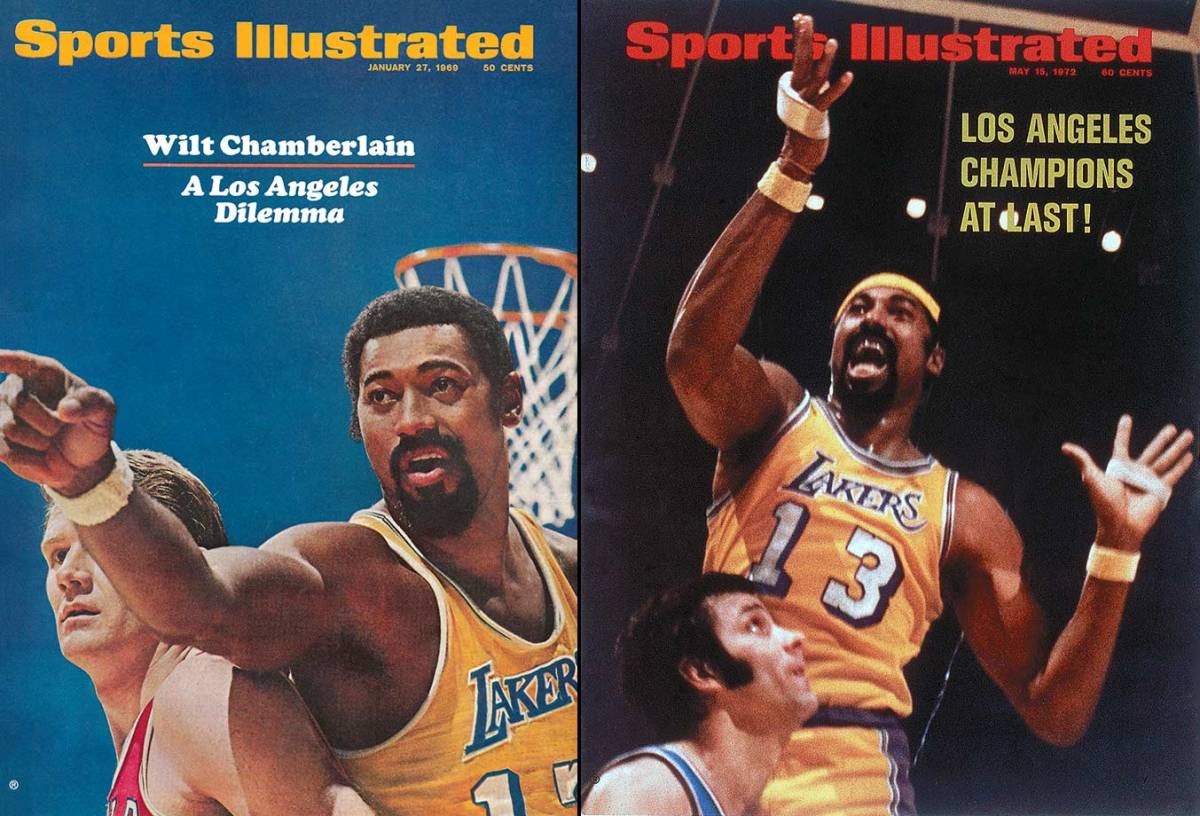
Wilt Chamberlain was traded to the Lakers only one year after winning the Finals with the Warriors. At times, Wilt struggled to fit in with Los Angeles. But in 1972, Chamberlain relinquished some of his offensive game to focus more on defense and rebounding, helping lead the Lakers to a championship—and his only Finals MVP award—in the process.
Kareem Abdul-Jabbar, 1975
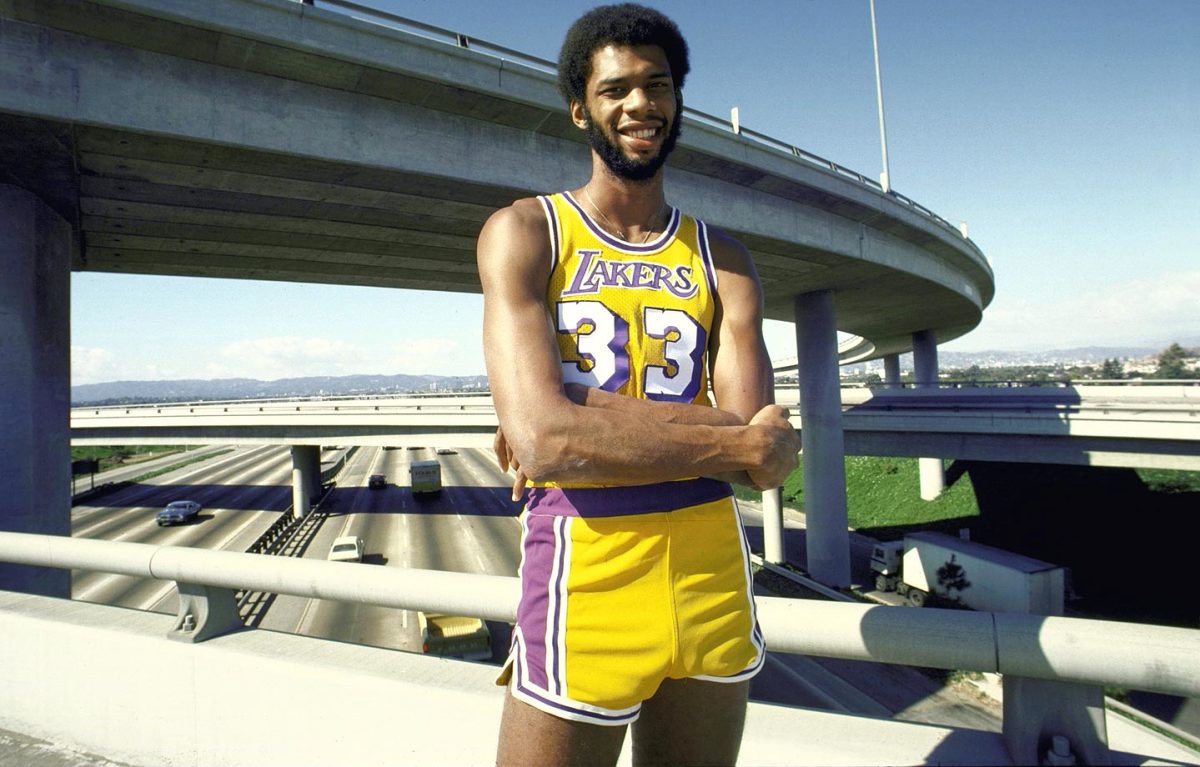
The Lakers acquired Kareem Abdul-Jabbar and his skyhook from Milwaukee in 1975, and he dominated the league while in Hollywood. Kareem won five titles with the Lakers, including a Finals MVP win in 1985, 14 years after his first Finals MVP with the Bucks. Kareem also won three regular season MVPs with the Lakers, and later coached for the franchise as well.
Moses Malone, 1982
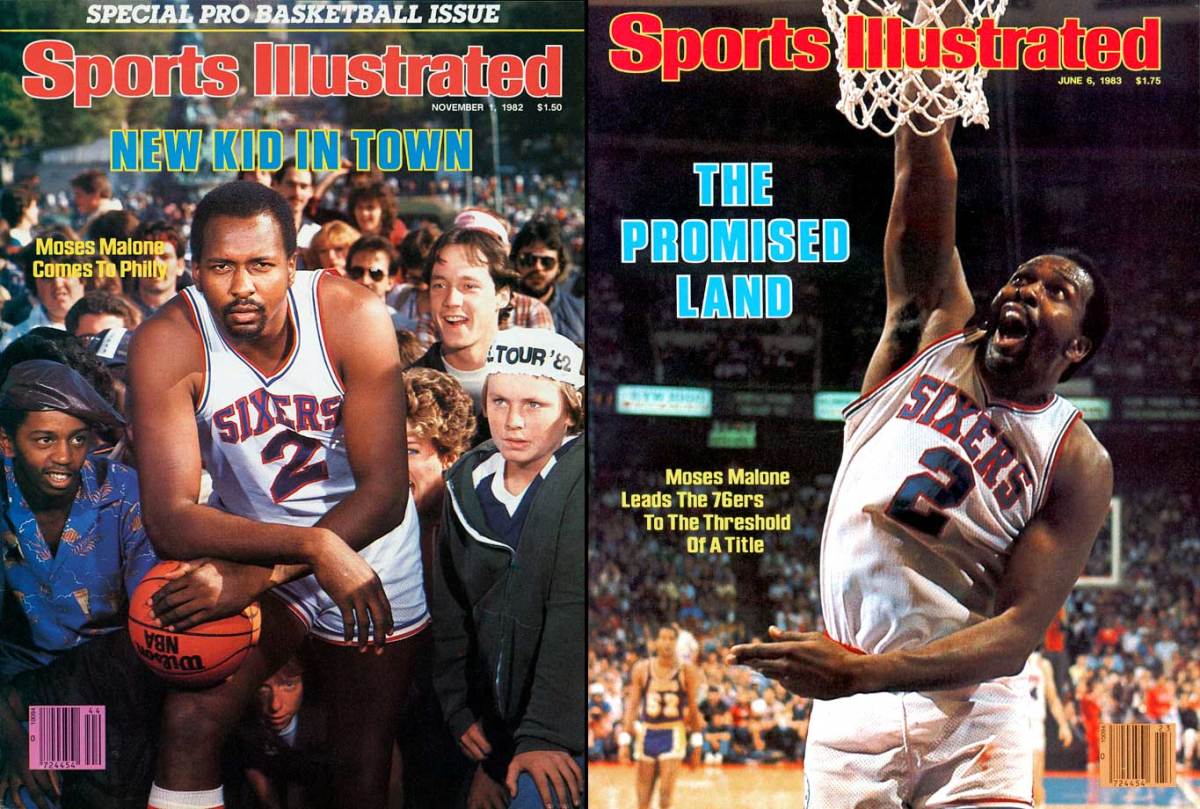
The Houston Rackets traded Moses Malone, who was coming off an MVP season, to the 76ers. Malone quickly formed an unstoppable duo with Julius Erving, and the two led Philly to an NBA Finals in in 1983. Malone won MVP during the regular season, making him the only player to win the award two straight years with different teams.
Shaquille O’Neal, 1996
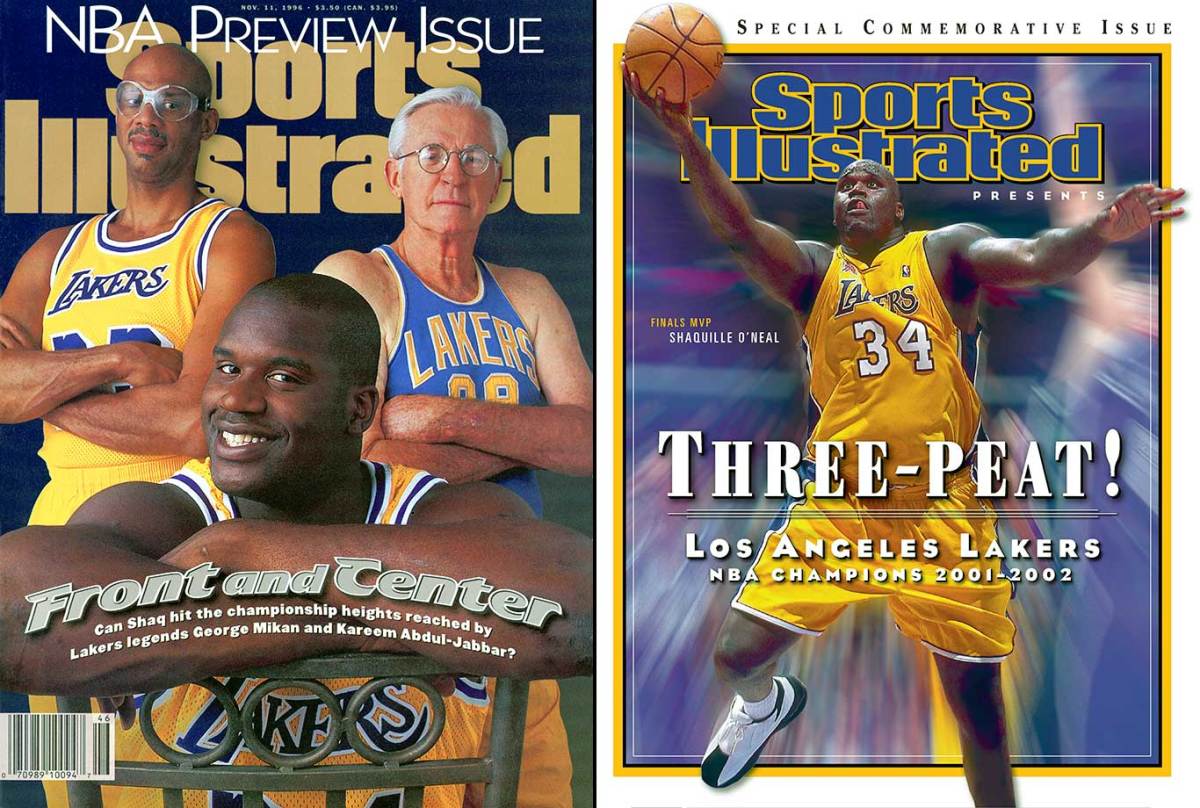
Shaquille O’Neal left the team that drafted him, the Orlando Magic, for the Lakers in the summer of 1996, signing a seven-year, $120 million deal with Los Angeles. Shaq would win three championships with L.A., forming an a legendary—but combustible—combination with Phil Jackson and Kobe Bryant.
Tracy McGrady, 2000
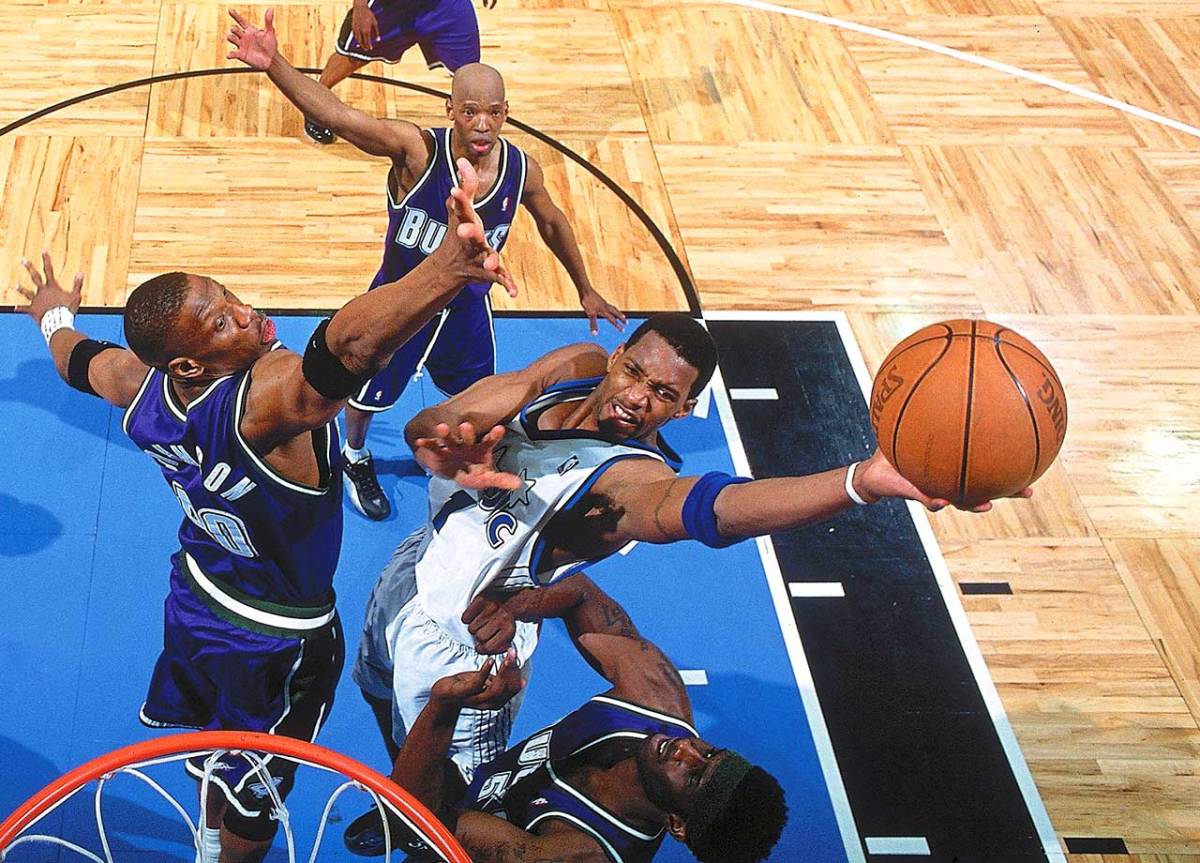
Tracy McGrady joined the Magic to play with Grant Hill, but was thrust into a larger role as Hill dealt with numerous injuries. McGrady responded by becoming one of the best scorers in the league, leading the NBA in points per game twice while in Orlando. McGrady’s run was short lived, however, as he was traded to Houston in 2004.
Steve Nash, 2004
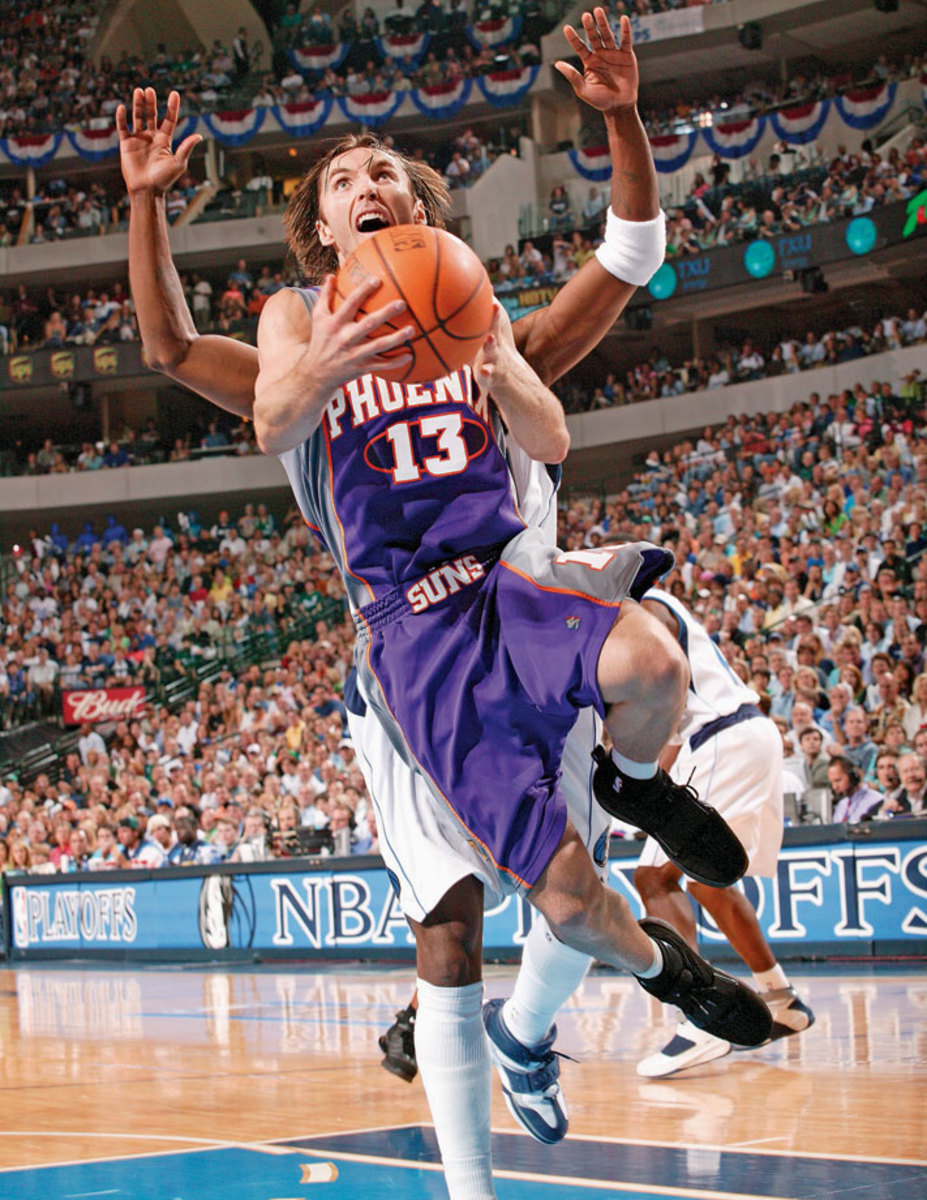
The Suns signed Steve Nash to a six-year, $63 million deal in 2004. Nash was 30 at the time, but took his game to another level in Phoenix. The point guard won MVP in his first two years in the desert, but despite his individual success, Nash could never lift the team past the conference finals.
Kevin Garnett, 2007
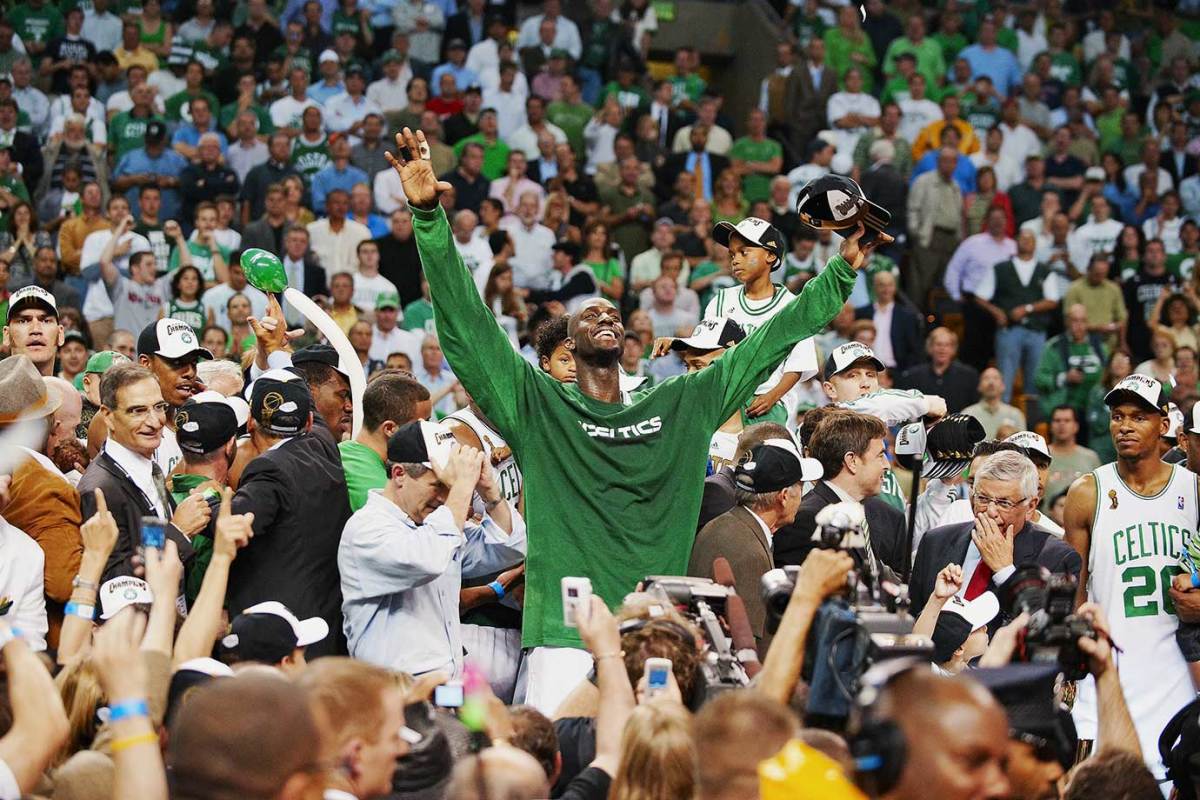
After years of falling short with the Timberwolves, Kevin Garnett was traded to the Celtics in July 2007. Garnett, along with Paul Pierce and Ray Allen, immediately turned the Celtics back into one of the NBA’s premier franchises. Boston won the Finals in KG’s first season, and almost won a couple more if not for ill-timed injuries.
Chris Bosh, 2010
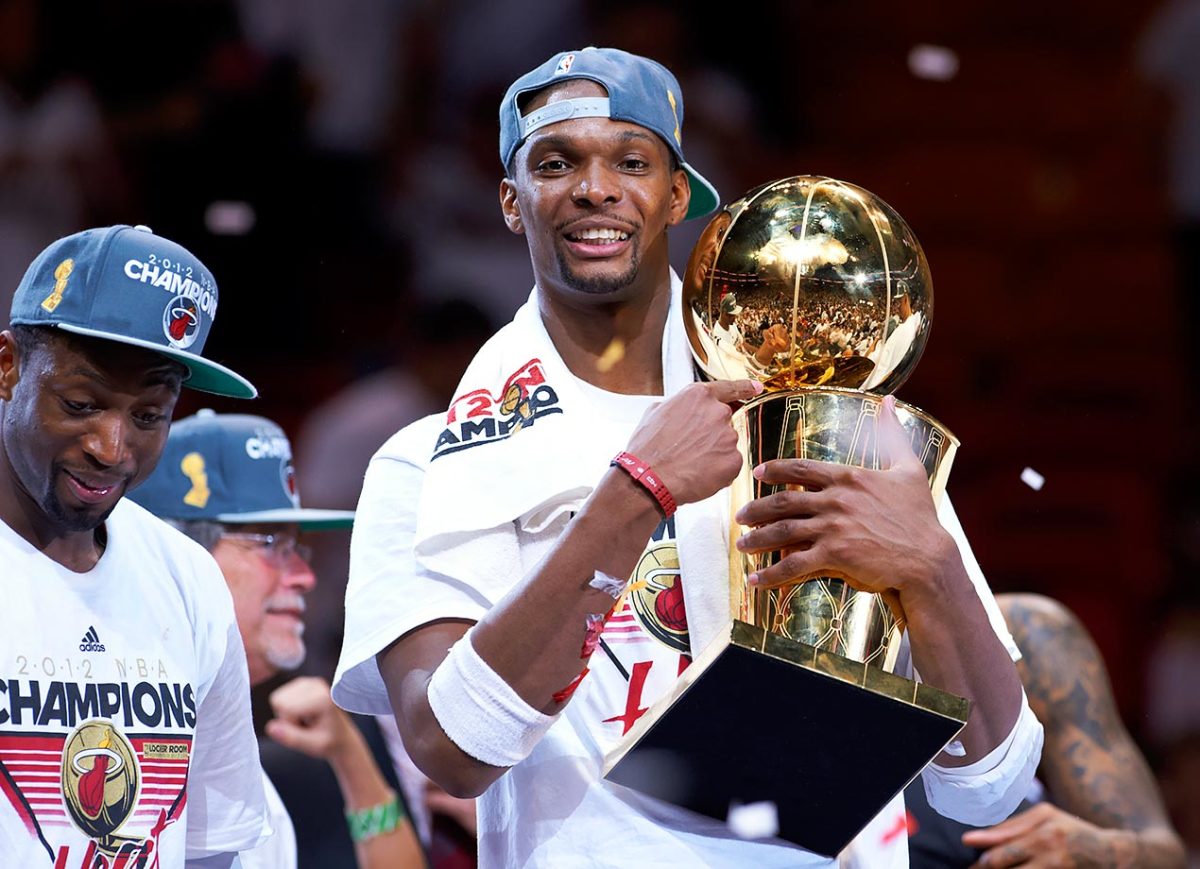
Chris Bosh joined the Heat along with LeBron James, and quickly became an integral part of Miami’s success. Bosh played a key role in the Heat’s run to four straight NBA Finals—most notably picking up an offensive rebound and assist before the Ray Allen’s three in Game 6 of the 2013 Finals.
LeBron James, 2010
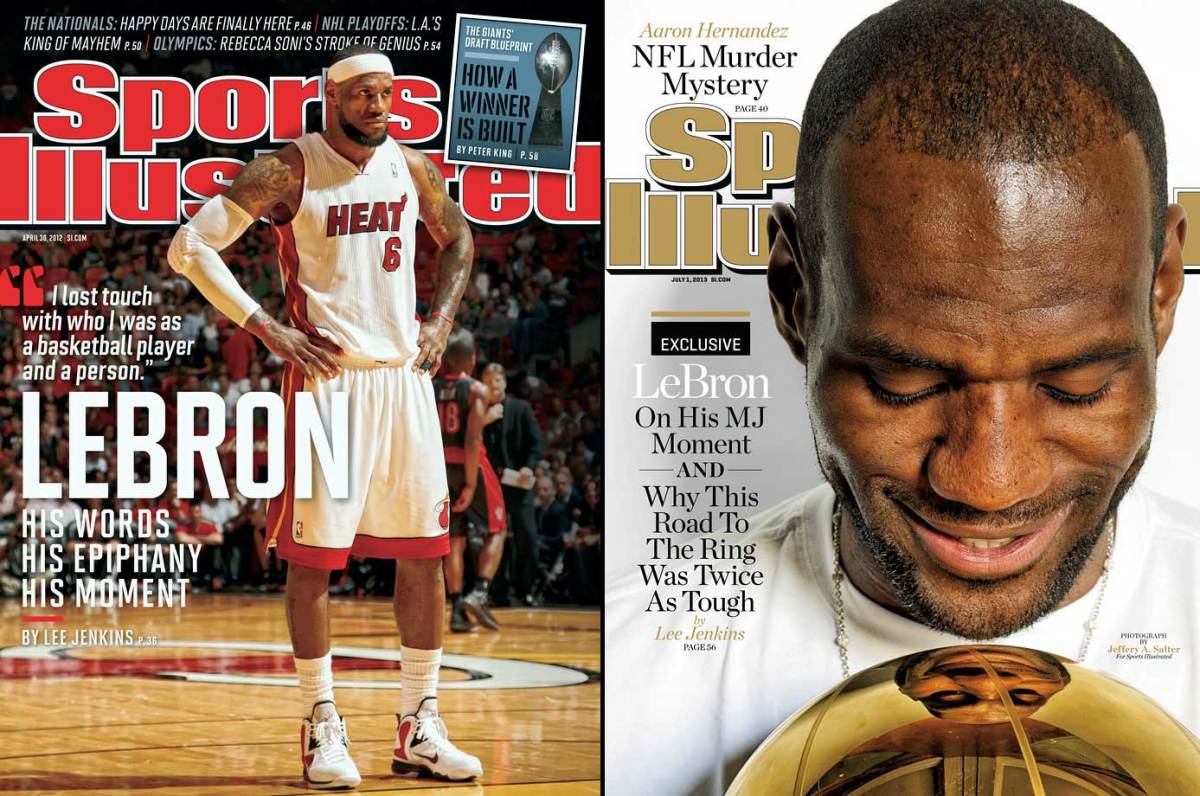
LeBron James, angering many with a TV special to announce his decision, chose to leave Cleveland for Miami in July 2010. LeBron made the Finals in all four of his seasons with the Heat, capturing two championships and two Finals MVPs in the process. James reached new levels of efficiency in Miami, cementing his legacy as one of the game’s greatest players.
Chris Paul, 2011
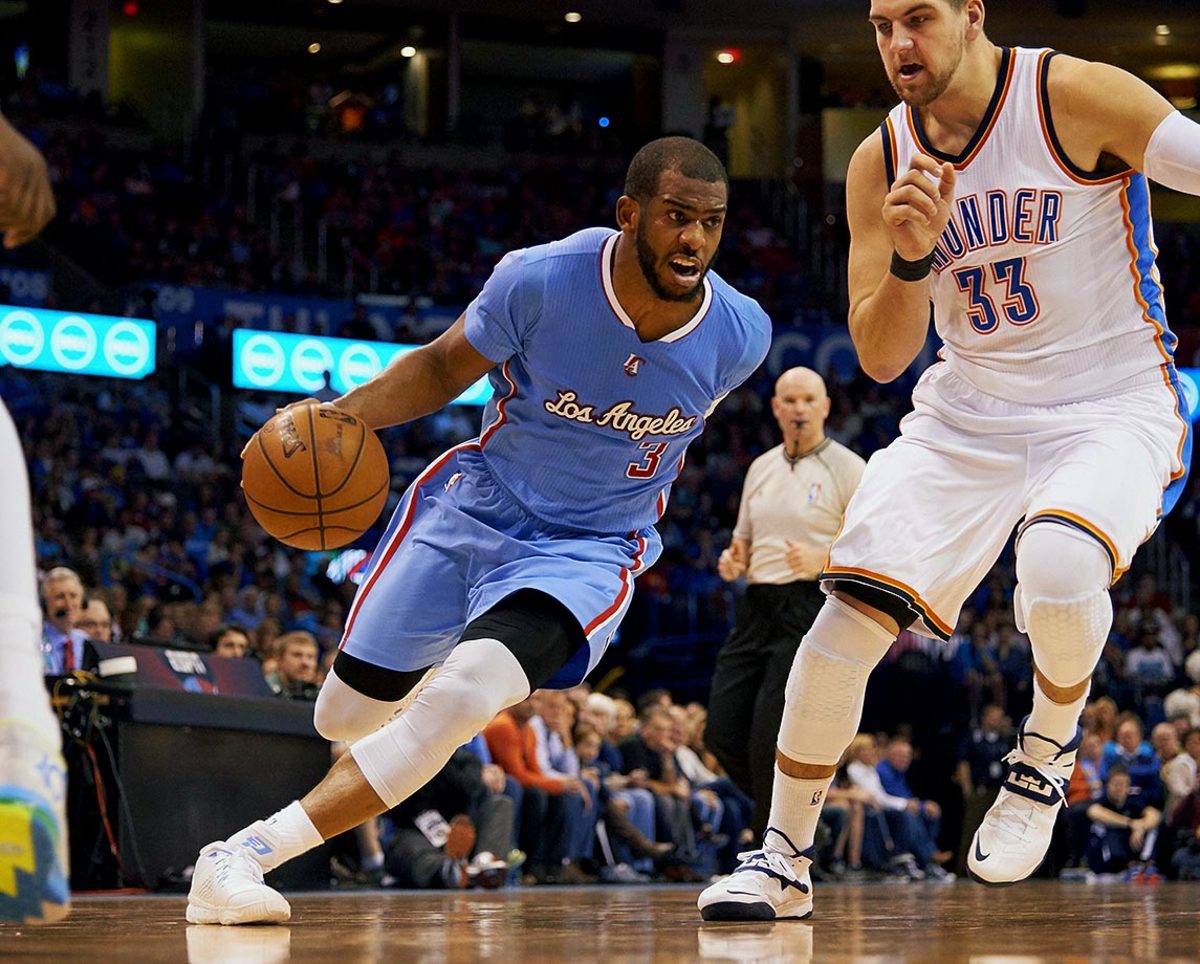
Chris Paul joined the Clippers in 2011 to form a Lob City-connection with Blake Griffin and lift the Clippers back to relevancy. Los Angeles became one of the top teams year-in and year-out with Paul at the helm, but has struggled in the playoffs against West rivals. As of 2016, Paul has yet to play in a conference finals.
Dwight Howard, 2012
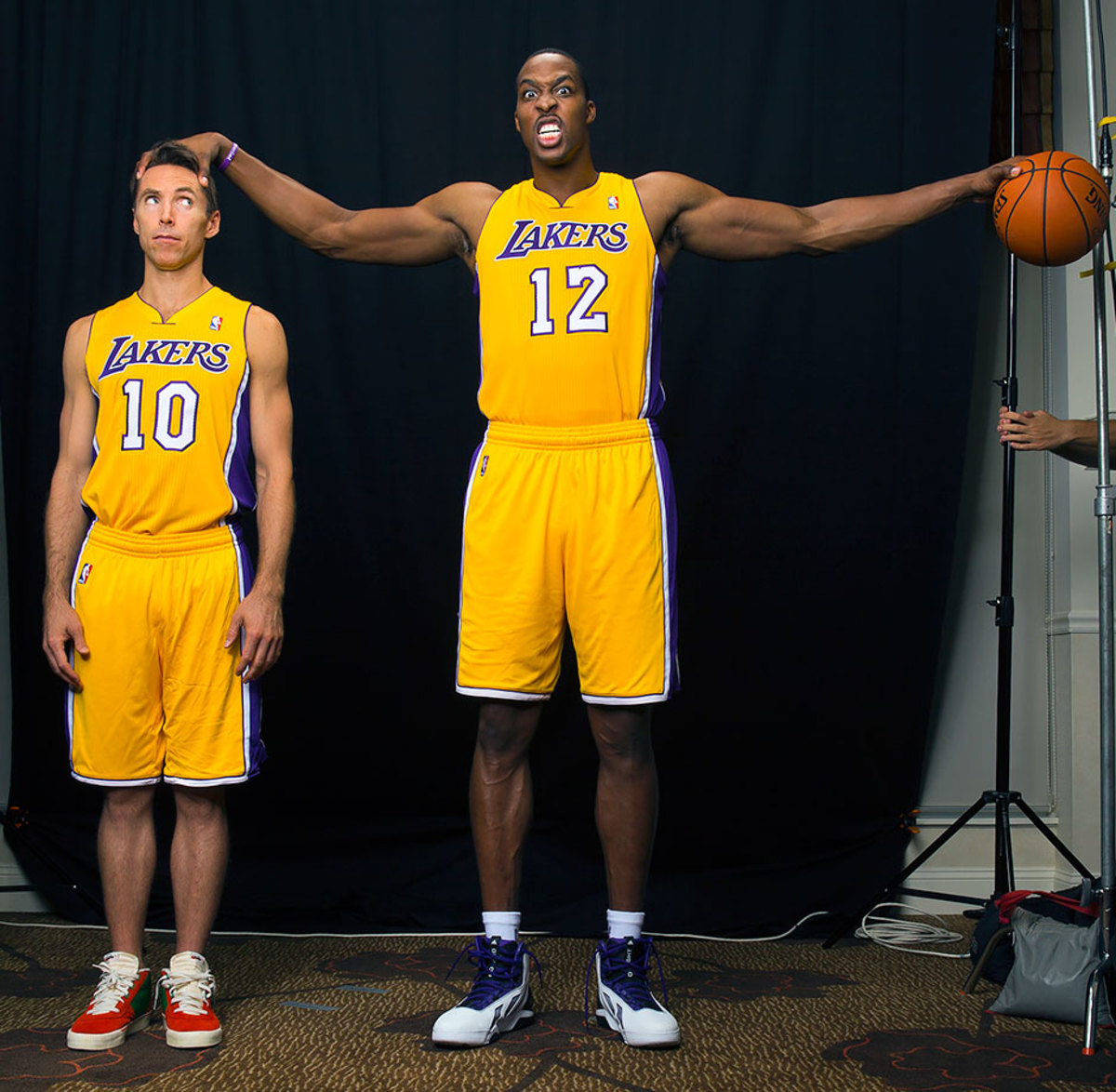
Dwight Howard, like Shaquille O'Neal 16 years before him, left the Magic for the Lakers by forcing a trade out of Orlando. Unlike Shaq, Howard flamed out with the Lakers. Also joined by Steve Nash, the Lakers never gelled on or off the court, and Howard lasted only one season in Los Angeles before joining the Houston Rockets.
LeBron James, 2014
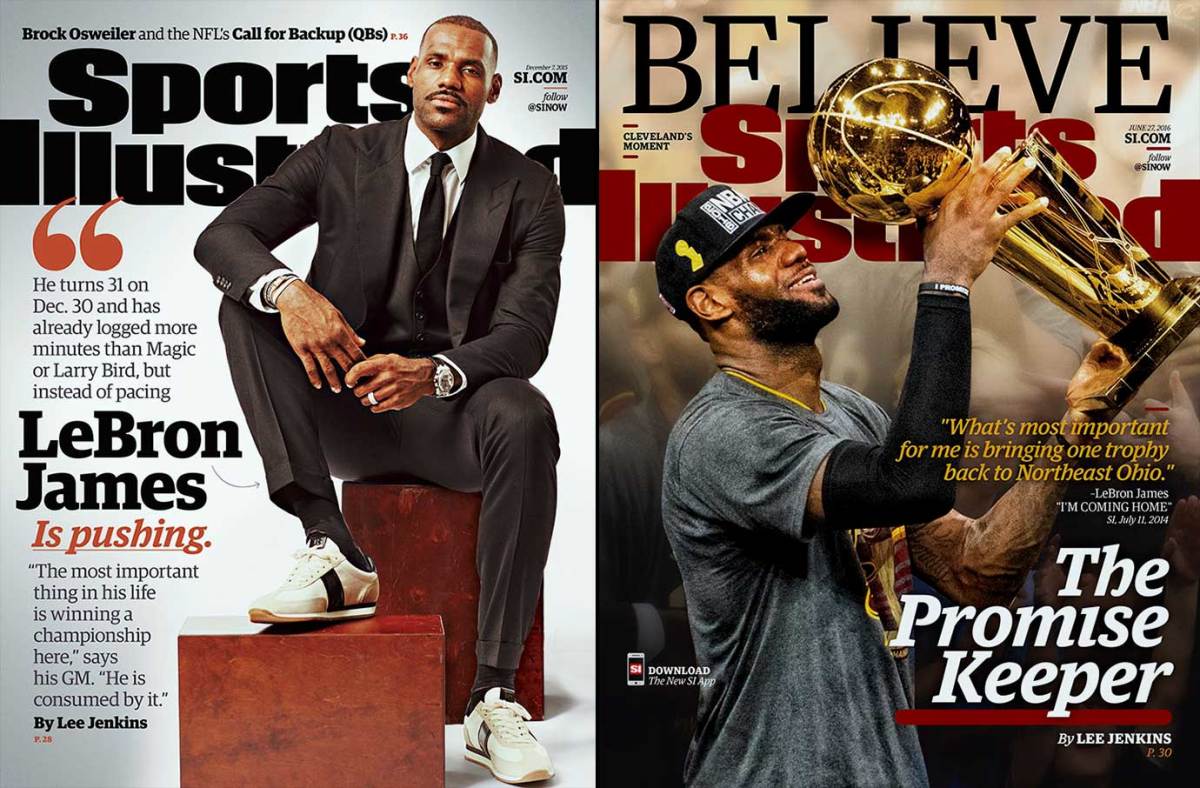
LeBron James returned to Cleveland in 2014, announcing his decision via a letter in Sports Illustrated. LeBron immediately launched the Cavaliers into the NBA’s top tier, bringing the team to the Finals in his first season back. In 2016, the James-led Cavaliers—after going down 3–1—upset the 73-win Warriors in the Finals, a shocking upset led by one of the best individual performances in Finals history.
Kevin Durant, 2016
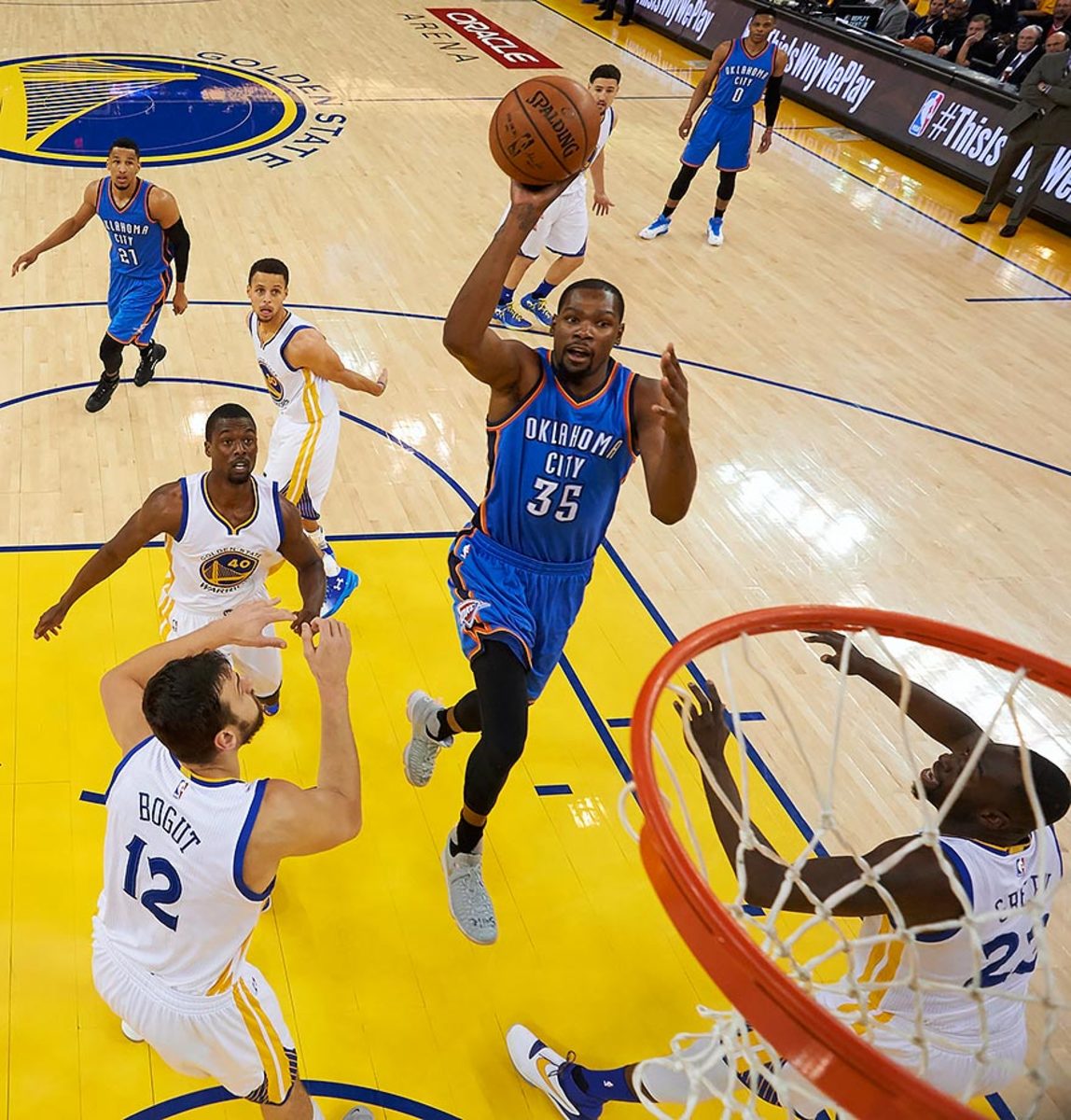
Kevin Durant, a four-time scoring champion and former MVP, joined the Warriors in July 2016. Golden State not only won 73 games the season before, but knocked Durant’s Thunder team out of the playoffs only weeks before the signing. The Warriors’ addition of Durant immediately made them the overwhelming favorite to win the Finals in 2017.
Dwyane Wade, 2016
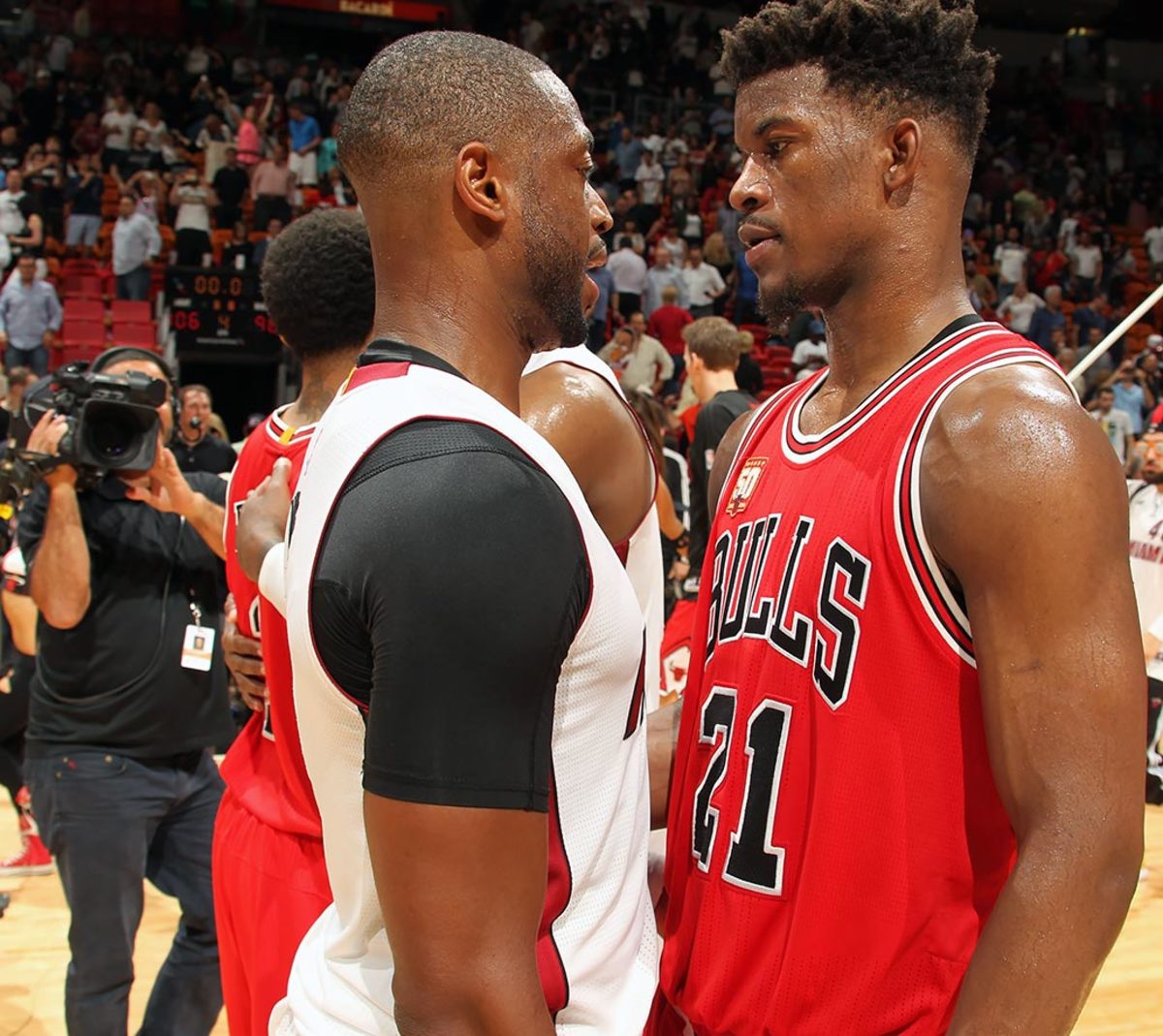
The Chicago Bulls agreed to sign Dwyane Wade, a 12-time All-Star who won three titles during his 13-year tenure in Miami, to a two-year contract worth $47.5 million with a player option on the second season. Wade won NBA titles with the Heat in 2006, 2012 and 2013 and had spent his entire career with the team after being drafted No. 5 overall in 2003.
After 24 months of free agency speculation, we just watched Durant choose the most cynical option on the board. This is so much more extreme than what LeBron did in 2010. Durant to the Warriors is LeBron's Decision, but if he'd gone to join Kobe and the Lakers after the Finals, and Kobe was still in his prime. It's completely unprecedented.
But then, that's also the flipside of the story. If it's acceptable to hate Durant's choice, it's also important to understand that this is the most fascinating basketball decision in history. The spectacle alone could make an entire nation of League Pass addicts relocate to the West Coast just to keep up.
I don't even know what this will look like. Can the Warriors score 120 points per game? Will defense even matter? What do we call the Death Lineup now that it's exponentially more lethal? Could any team in NBA history guard a pick-and-roll with Kevin Durant and Steph Curry? Even if the answer is yes, the Warriors would just kick it to Klay Thompson for a wide–open three.
Joe Lacob's "light years ahead" interview was a punchline for weeks, and now it looks like prophecy. That may be another reason to loathe the Warriors, but it's also a reason to pay attention. They will have four All-NBA players in their starting lineup. There is more elite shooting in Golden State than the NBA has ever seen on one floor. The team that just finished the most dominant regular season in NBA history will bounce back from a Finals letdown by replacing Harrison Barnes with a Hall of Famer. The more this team is explained, the more incredible it becomes.
• Hushing Loud City: Durant says goodbye to the city he helped shape
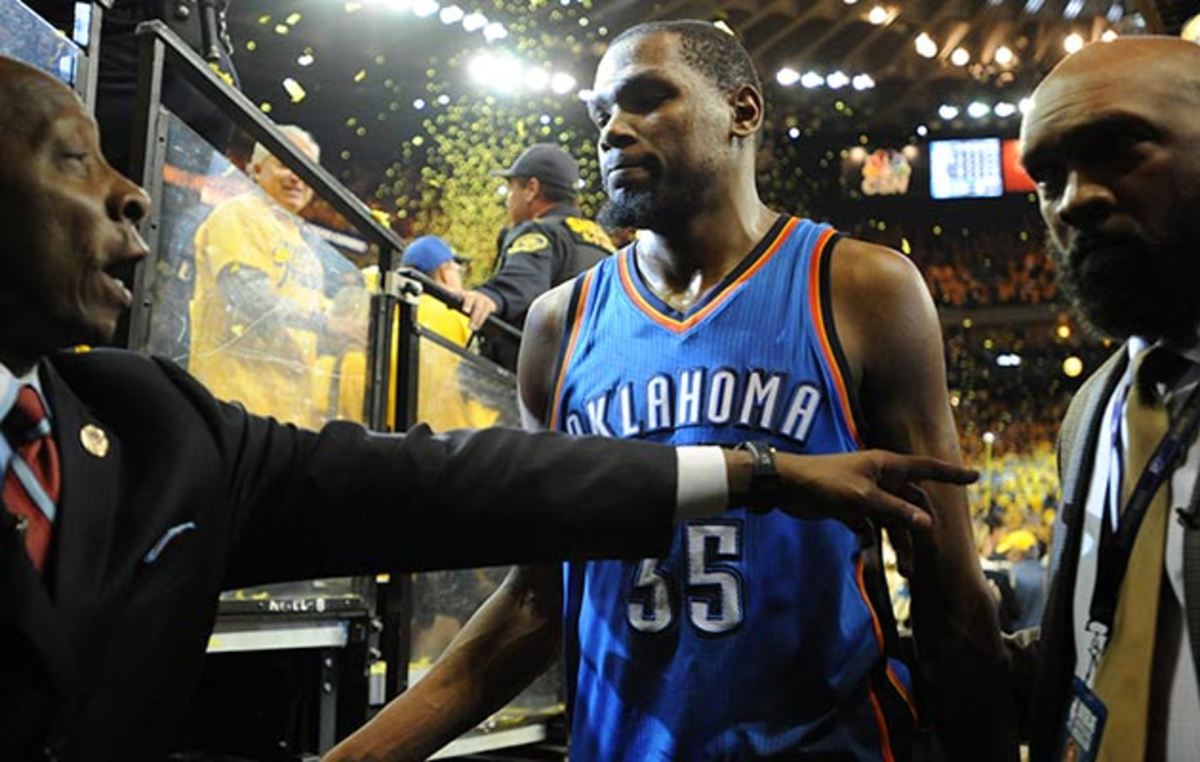
There have been concerns that this makes the entire NBA less interesting, and that's ridiculous. Everyone will watch this team. Everyone will speculate about this team, fear this team, probably come to love this team, and most of all, remember this team. If basketball is entertainment, it's also a living text that can be debated forever.
It'll be complicated, too. KD may not fit seamlessly, there could be injuries and depth issues, Westbrook could transform into a dragon on national television and burn down Oracle, etc. Anything is possible. The Warriors are not going to win the next five titles without a hint of adversity.
Most importantly, and why I've come to enjoy the idea after initially dreading it: This will never happen again. This is not a trend, or a blueprint for the league's future. It's more like a glitch in the matrix. There will never be another woefully underpaid MVP at the same time there's a historic spike in the salary cap, creating space for a second MVP. The same way the Celtics and Lakers could only happen in the '80s—when a combination of shortsighted management and fewer teams created loaded rosters on opposite coasts—the Warriors could only happen in the summer of 2016.
This a seismic shift that'll define how we watch and discuss basketball all year. And if you're not sure how to feel about this development, don't worry—there will be decades to decide.
